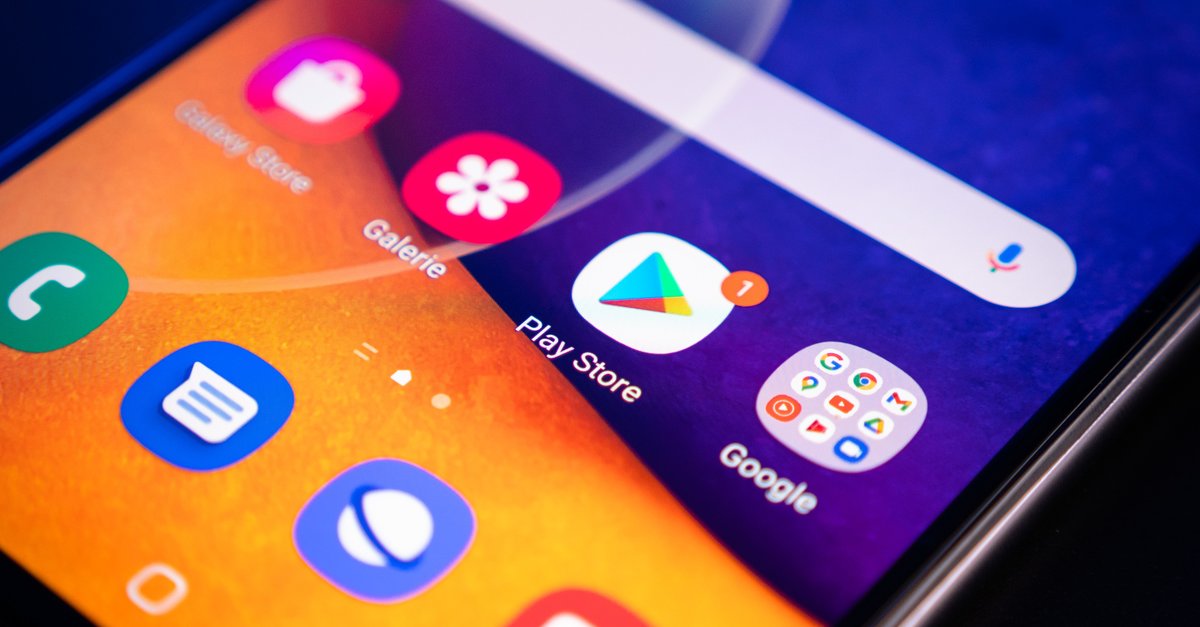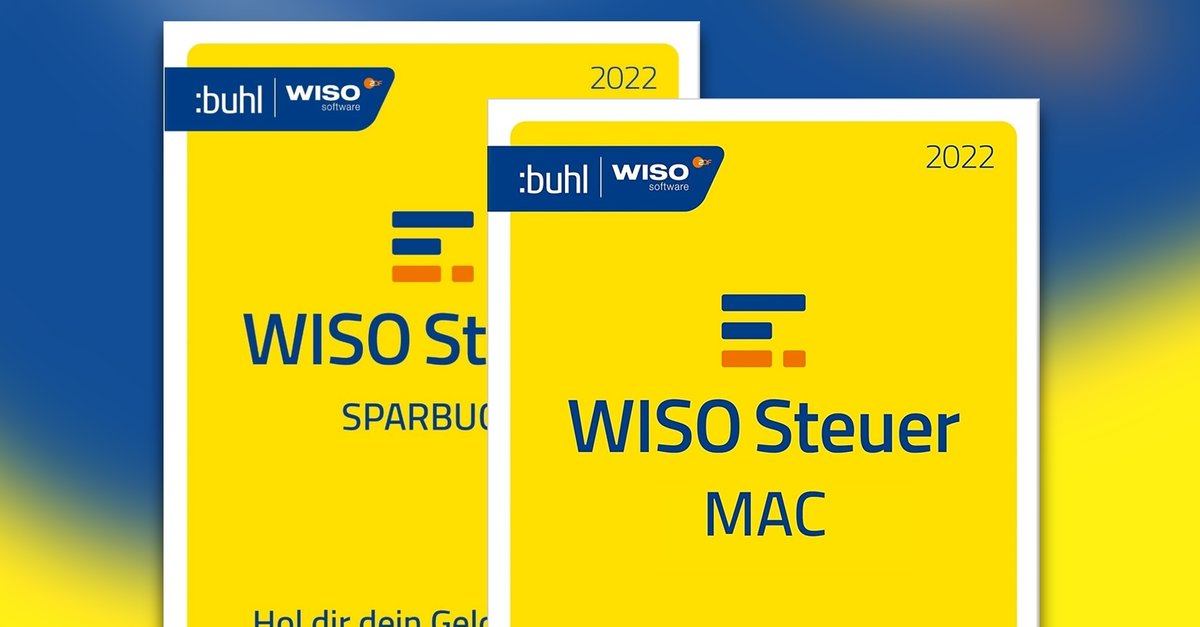Android users need to know this now
Google tightens the reins on the Play Store. The US group has announced some rule changes that give owners of Android smartphones more security and transparency. We explain what is changing and when the changes will come into effect.
Version:3/31/19
Languages:German English French
License:freeware
Platforms:Linux
The Google Play Store is the go-to place to download apps and games for Android smartphones. Millions of titles are waiting to be downloaded here. This makes organizing and controlling apps and games a constant challenge, which is why Google has now announced new rules for the Play Store.
New rules in the Google Play Store: restrictions on full-screen ads and easier cancellations of subscriptions
So are from September 30th Disallow full-screen ads within apps that won’t close after 15 seconds. With this, Google does not want to overstrain the advertising tolerance of the users. The search engine provider summarizes this rule change under “Better Ads Experiences” (source: Google).
However, exceptions are allowed: Full-screen advertisements are allowed continue to last longer than 15 seconds when users receive a reward for viewing the ad. This is common practice in free-to-play games, for example. Similarly, longer ads are still allowed if they don’t interfere with “normal use of the app or game.”
Also on September 30th, Google is introducing a rule change for app subscriptions. From the deadline, providers must provide users with clearly disclose how they can manage or cancel their subscription. According to Google, this must be possible via an option within the app that either opens a link to the Google Play subscription center or offers direct access to the cancellation process.
These features are new in Android 13:
Android users should be protected against app identity theft
Even before that, there are rule changes that affect app identity theft. At the end of August, Google bans that Apps use icons and titles that falsely relate to others, thereby tricking Android users into downloading (see picture below).
Apps are also prohibited from this point onwards “Contain misleading health claims that contradict existing medical consensus.” This includes Google making misleading claims about vaccines, advocating dangerous and unauthorized treatments, or harmful practices such as conversion therapy.



